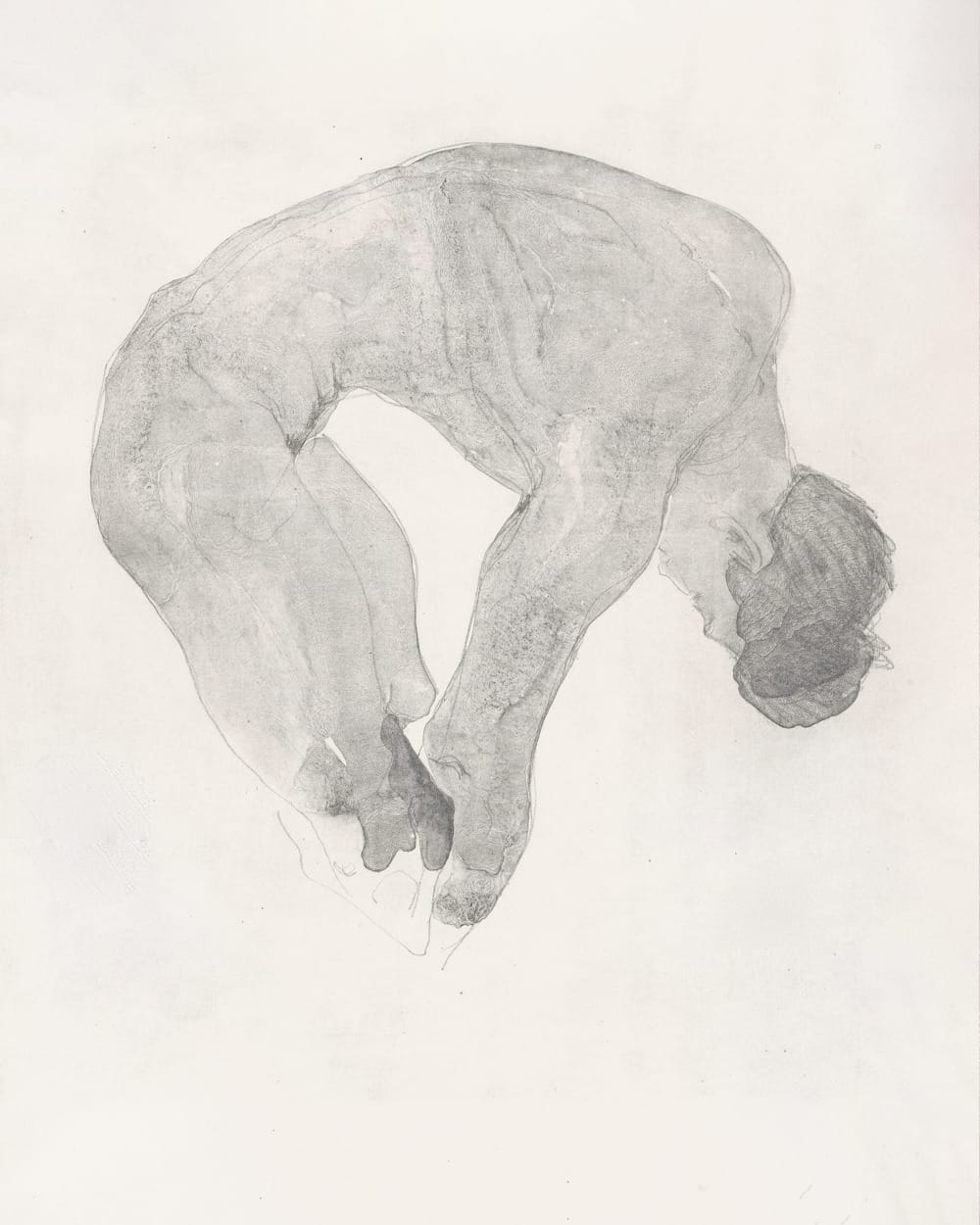Heatwaves Are A Women’s Issue. Here’s Why.
The increase in global temperatures will disproportionately affect women. Women’s lives overall will become more difficult.

The year 2023 was the hottest on record. The year 2024 is shaping up to be worse.
This month, more than 1,300 people died during the Islamic pilgrimage of Hajj in Saudi Arabia; they had been victims of temperatures which climbed above 125 degrees Fahrenheit (51.8 degrees Celsius). In the U.S., more than 100 million people were under heat warnings this past weekend; in Europe, a heatwave has caused wildfires in Turkey; authorities in Greece—a country so used to dealing with heat that we have it to thank for some of Europe’s earliest examples of the hand fan—were forced to close the Acropolis. Organizers of the Paris Olympics, due to take place in August, have warned about the safety of athletes because of anticipated high temperatures.
Women are more likely than men to be the victims of this kind of extreme heat. A UN report shows that during extreme weather, women and children are 14 times more likely than men to die, because they have less mobility, and less access to information and resources, so they are the last to hear about dangerous heat waves and therefore don’t have the chance to take protective measures. As an example, during a 2003 heatwave in France, 15 percent more women over the age of 55 died than men in the same age group.
A study by researchers at Vrije Universiteit in Amsterdam sought to explain this disparity by looking at deaths among older people in the Netherlands during heatwaves. Women sweat less, they concluded, and experience more strain on the heart when it’s hot. Also, doing housework during a heatwave—which women are more likely than men to do—“puts females more at risk for overheating and cardiovascular strain.”
This study focused on the Netherlands, but its findings can be applied across other nations and cultures. The increase in global temperatures—which, in the next two years, will almost definitely become irreversible—will disproportionately affect women. It’s not just that more will lose their lives. It’s also that women’s lives will become profoundly more difficult.





